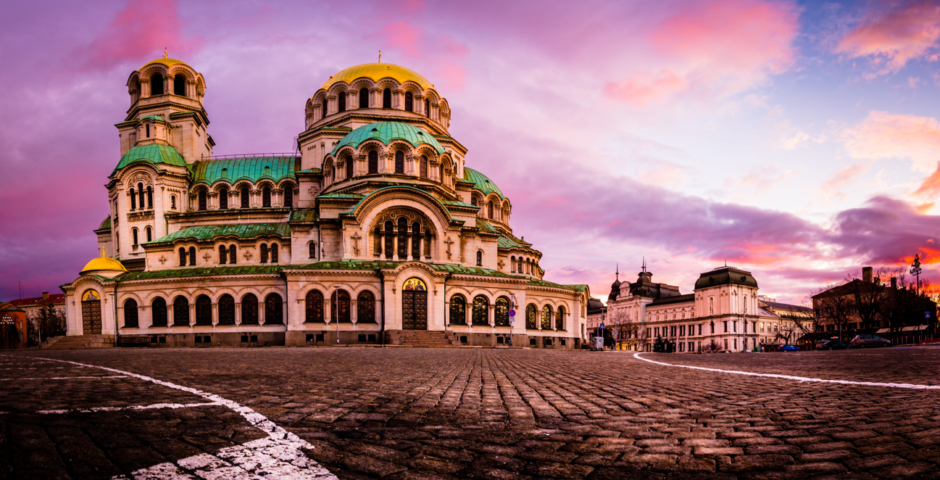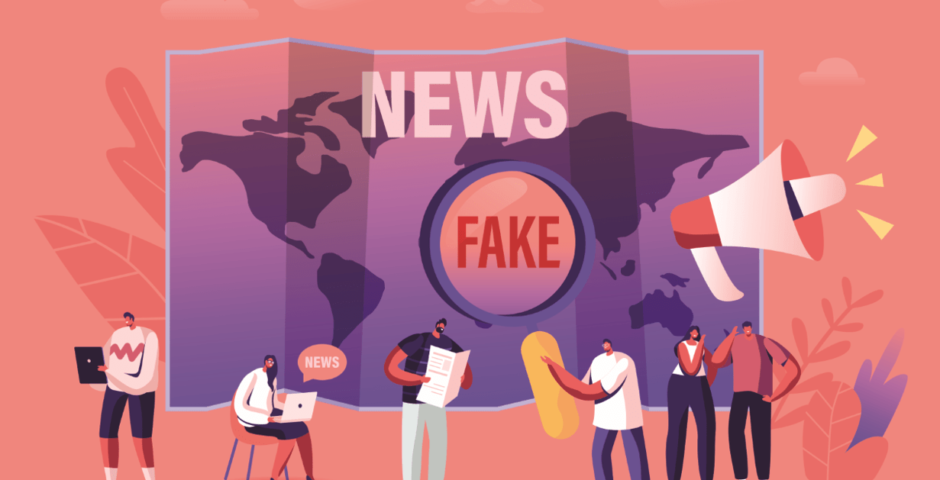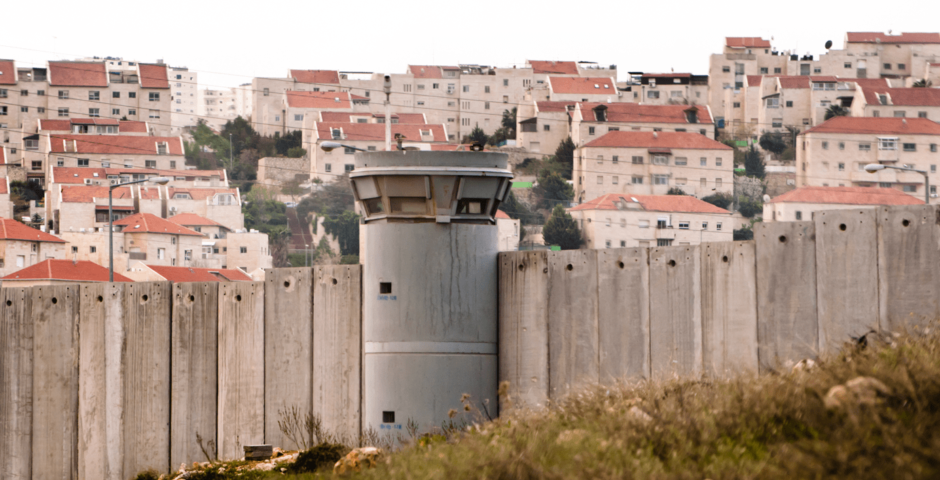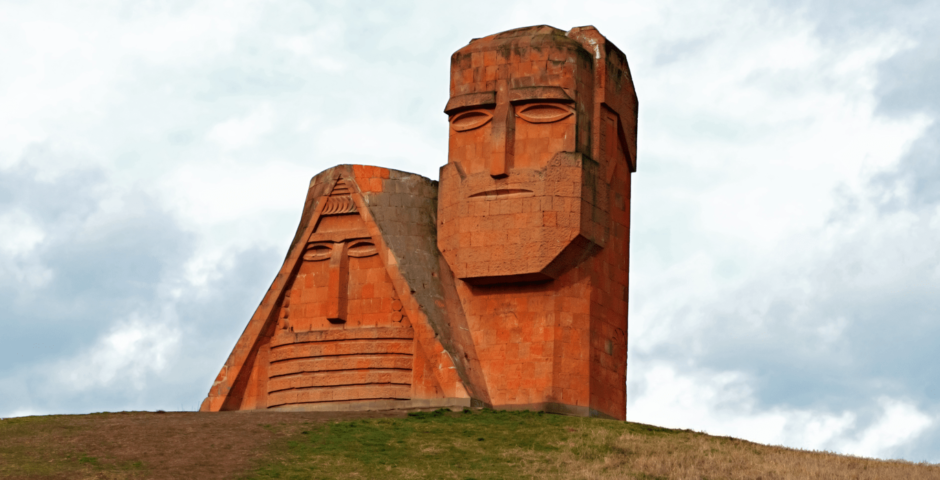Country profile of Bulgaria: The never-ending catch-up

Turmoil at home stealing the EU’s thunder?
In 2007 my home country of Bulgaria joined the EU, right when I was starting 1st grade. In that sense, you could say we have “grown up” together. While I have been dubbed a straight-A student throughout my school journey, my country’s performance in the EU had its ups and downs. Yet, we know real life (especially politics) is much trickier than any formal education. This country profile of Bulgaria aims to help your understanding of a member state, committed to having a say in the shaping of Europe, despite all the turbulence inside the national borders.
We are starting with a cheeky bonus of fun trivia (for the pub quiz lovers):
- Bulgaria is the oldest country to have never changed its name since its establishment in 681 AD.
- There is a unique bacteria, Lactobacillus Bulgaricus, found only in the territory of the country, used for the production of the slightly sour-tasting Bulgarian yoghurt, often dubbed the best in the world.
- Bulgaria is the top producer of rose oil worldwide and the “Bulgarian rose” is used by the most renowned perfumery brands.
- A knack for tech: one of the inventors of the first computer (John Atanasoff) and the creator of the first digital watch (Peter Petroff) are both of Bulgarian descent.
- Bulgarians express approval by shaking their heads rather than nodding (contrary to the rest of Europeans).
Geography
Bulgaria shares borders with Romania to the north (along the Danube River), Serbia and North Macedonia to the west, Greece, and Turkey to the south, and has access to the Black Sea to the east (directly opposite Ukraine). Nestled in the heart of the Balkans, it boasts a diverse geography. It is characterised by mountainous terrains, with the Rila range hosting the highest peak of the Balkans – Musala (2925m). One-third of the country is covered by forests, granting significant biodiversity. The Black Sea coast to the east offers a contrast, featuring sandy beaches and resorts, attracting tourists from Western Europe with great nature and affordable prices. There are opportunities for cultural sightseeing as Bulgaria is home to ten UNESCO heritage sites. It also hosts the oldest gold treasure in the world dating back to 4,600 BC found in the Varna Necropolis, and the ancient city of Plovdiv, which was a European capital of culture in 2019.
Population and economy
Bulgaria, with a population of around 6.7 million people, reflects a diverse cultural tapestry shaped by centuries of history. Sofia, the capital and largest city, is the economic and cultural hub. The country has experienced demographic shifts, including lower birth rates leading to enhanced ageing of the population. There have also been emigration trends like significant brain drain after the fall of the Iron Curtain and later joining the EU. The economy, characterised by a mix of industry and agriculture, has undergone transformations since the end of communism moving from a centralised and planned to a market economy. Joining the European Union in 2007 opened new avenues for trade and development. The business environment is hospitable to foreign entrepreneurs seeking to set up a company due to the relatively easy legal procedures and low initial capital required. Sofia was also on a ranking list of the top destinations for digital nomads precisely because of the opportunity for a good lifestyle at an affordable price. Despite these positive steps, Bulgaria faces economic challenges, including issues related to corruption and income inequality, and legacies from irregular privatisation in the 1990s.
(Political) History
There is hardly space here for a comprehensive overview of 1300 years of history, hence we will only mention a few key developments which are relevant for understanding the country today:
Ottoman Empire and Renaissance. Bulgaria spent roughly 500 years under the rule of the Ottomans between the ends of the 14th and the 19th centuries. This definitely set the country back considering its previous military might and territorial advantages such as access to three seas at certain points in time. After the liberation, the Bulgarian economic, cultural, and political “renaissance” began only in the 18th century, about 350 years later than the European one, with the Bulgarians eager to catch up to modern developments, all the while being at the mercy of the great powers.
Balkan Wars and WWI. After gaining independence in 1908, Bulgaria was involved in two so-called Balkan Wars in 1912-1913. The first one was a successful joint effort of the Balkan League (an alliance between Greece, Bulgaria, Serbia and Montenegro against the Ottoman Empire) in Macedonia and Albania. Yet the second one was a fight between the allies themselves, resulting in Bulgaria losing some territories it deemed important to Serbia, Greece and Romania. The army and the country were devastated in terms of resources and finance, hence this unfortunate conflict is dubbed “the first national catastrophe”. Even more unfortunately, the “second national catastrophe” came quite soon with the Bulgarian involvement in WWI. After again being on the losing side with the Central Powers, in 1918 the country was again left devastated with Tsar Ferdinand abdicating and the economy shattered by the enormous amount of money that needed to be paid in reparations.
WWII and Soviet occupation. As it is often joked about, Bulgaria yet again chose wrong by siding with the Axis. We all know how that went down for Europe and the world, but for Bulgaria that meant that its fate was again in the hands of the bigger powers, and it would spend the next 40 years under communist rule and as a Soviet satellite.
1989 and the 1990s of the Mafia. One day after the fall of the Berlin Wall, the communist government of Bulgaria was dissolved, and an ecstatic population took to the streets to celebrate the beginning of a true democracy. Easier said than done, of course. While the first democratic elections were held and a new constitution was drafted, the transition from a planned to a market economy proved harder. Hence, irregular privatisation of state property and a culture of nepotism made the next decade a time when the Mafia flourished. Protection rackets, drug trafficking, prostitution, gang wars and the images of notorious Mafia bosses, whose legacy still haunts the country to this day, made the Bulgarian dream of catching up to Western Europe move further away again.
Joining the EU
After missing the Big Bang train in 2004 (when ten countries joined the EU) for not fulfilling the criteria, Bulgaria finally joined the Union together with Romania in 2007 with rather tacit support from the member states. Austria and the Netherlands were particularly sceptical and concerned about issues of corruption and illegal migration. The hesitance is exhibited by the caveat of the “Cooperation and Verification Mechanism” (CVM) put in place especially for these two countries. The purpose was to closely monitor and set benchmarks for improvement of the judicial system, overcoming corruption and in the case of Bulgaria the fight against organised crime. While the EU has not shied away from efforts in that regard, the fact that the CVM was closed only last year goes to show the severity of the challenges in dimensions considered intrinsic to a functioning democracy.
Bulgaria got its spotlight by heading the presidency of the European Council in 2018 at a time when the leading topics were the aftermath of the migration crisis and the future of enlargement. The country advocated actively for the European future of the Western Balkans (WB) which culminated in the adoption of a new framework promising deeper engagement. A bit ironically, after this strong act of support, in 2020 Bulgaria vetoed the opening of negotiations with North Macedonia (a key candidate from the WB) because of disputes about historical and cultural legacies. This went on for two years and was finally overcome in 2022 with the promise of including protections for the Bulgarian minority in the constitution of North Macedonia, and accession negotiations were finally opened.
2022 was also the year that marked the start of the Russian invasion of Ukraine, which shifted the landscape of European foreign policy. While at first hesitant due to internal instability and quarrels, Bulgaria did join the sanctions against Russia. Still, derogations were put in place for Russian crude oils due to fears of going bankrupt at the prospect of losing Russian gas. The country has strong cultural and historical ties with Russia which led to large parts of the population (especially among older people) being strongly against sending arms to Ukraine. In a not-very smart stunt which caught the socialist part of the governing coalition at the time off guard, the prime minister (also the leader of the newest progressive party We Continue the Change) managed to secretly send ammunitions to Ukraine through Poland. Needless to say, that government did not last.
National politics in recent years: a crash course
Since 2021, after 12 years under Prime Minister Boyko Borisov from the leading centre-right party GERB (with brief intermissions), Bulgarians have had five interim governments and have been to the polls four times (heading for the 5th this June). So, the national context is complicated, to say the least.
After a summer of large-scale protests against state capture, corruption and the numerous scandals associated with Borisov’s rule, his third cabinet survived its mandate and was finally out in 2021. In the elections in July of the same year there was a surprising winner – the newly formed populist party ITN (There is such a people). Its leader is the famous and controversial singer and talk show host Slavi Trifonov, who basically carried out the whole campaign on grand concerts with ethno-rock arrangements of popular Bulgarian folk songs. It is no surprise that in times of desperation, people would be more susceptible to “national pride narratives”. However, after winning, the party did have a rather smart plan to opt for a technical government of experts. Yet, that never came true since the coalition that was needed could not be formed due to disagreements about the “Macedonian question,” going back to issues of minority status and history disputes.
After the November 2021 elections a 4-party coalition government was formed and headed by the leader of the new liberal party We continue the change: Kiril Petkov. The party ran on an anti-corruption (read anti-Borisov) platform with promises of judicial reforms and a bigger role in the EU. While a culture of collegiality and effectiveness seemed to prevail at the beginning, that government too did not last its term. It fell in the summer of 2022 after ITN pulled out of the coalition over disagreements about the allocation of the state budget, North Macedonia, and Ukraine.
After the MPs elected in 2022 failed to approve of a government, it was again time for new elections in the spring of 2023. With We Continue the Change suffering a blow in terms of popularity, they finished second after the newly revived GERB. A coalition between these two very unlikely partners was formed based on a “gentlemen’s agreement”, where two prime ministers from the two parties would rotate for 9-month periods throughout the mandate. The Bulgarian representative in the European Commission, Mariya Gabriel, gave up her seat in Brussels to become the leader of GERB in the government and their rotating prime minister. The people were sceptical of this gentlemen’s concept and rightfully so, as in March 2024 the rotation failed based on disagreements about positions in the cabinet culminating in a scandal where “future” ministers were not even consulted before being put on the list. Long story short, that is how Bulgaria is heading for yet another round of parliamentary elections this June together with the European ones.
EU Parliament elections 2019
Total 17 seats , turnout 33%
| Party | Orientation | European fraction | Seats |
| Citizens for European Development of Bulgaria (GERB) – Union of Democratic Forces (SDS) | Conservative / centre-right | European People’s Party (EPP) | 6 |
| Bulgarian Socialist Party (BSP) | Socialist / centre-left | Alliance of Socialists and Democrats (S&D) | 5 |
| Movement for Rights and Freedoms (DPS) | Liberal / centre | Renew Europe | 3 |
| VMRO | Nationalist / right-wing to far-right | European Conservatives and Reformists (ECR) | 2 |
| Democrats for a Strong Bulgaria (DSB) | Conservative / centre-right | EPP | 1 |
A look ahead
With one of the lowest expected turnouts of about 30%, Bulgarians seem to be more concerned about affairs at home than about what happens in Brussels. Yet, in these very turbulent times for Bulgarian politics, the European elections promise to be anything but predictable. There has been a tremendous reshuffling in the parties with people leaving, joining, and rejoining parties. Furthermore, major players were not yet established in the previous elections of 2019. ITN and We Continue the Change were not even founded yet. Also, the far-right Eurosceptic party Revival is gaining momentum, finishing 3rd in the last three national elections, while it only got 1% at the last EP elections. In that sense, Bulgarians have a tough choice to make, and analysts have an even harder time predicting anything in this mess. One thing is certain, watch out because it will be interesting!
Iva Dzhunova holds a BA degree in International Relations from the University of Groningen and is now pursuing an MA in European Policy at the University of Amsterdam.
Image: Shutterstock




